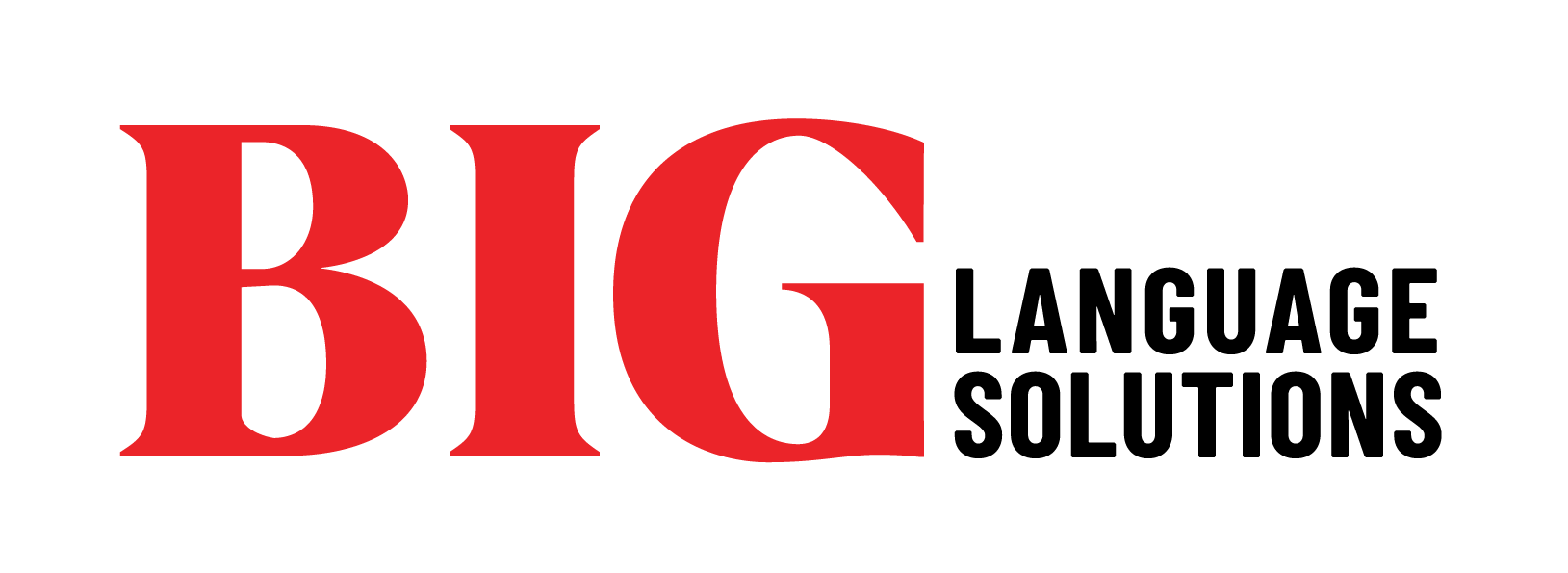National Day (Vietnamese: Ngày Quốc Khánh) is a holiday in Vietnam observed on September 2. This holiday commemorates the country’s Declarations of Independence from France and Japan in 1945.
To learn more about the origin of this holiday, we must journey back to 1858, when Vietnam became a French colony. France established the Federation of Indochina in 1897, with Vietnam divided into separately ruled territories. This was true until the Japanese coup d’état during World War II. When Japan surrendered on August 15, 1945, a Vietnamese national independence coalition immediately launched an insurrection. Its preparation had long been under way. People’s Revolutionary Committees across the countryside took over administrative positions, while in the cities the Japanese stood by as the Vietnamese took control. This insurgence was dubbed The August Revolution and following it, Ho Chi Minh proclaimed the establishment of the Democratic Republic of Vietnam (North Vietnam). He became the country’s first president.
On September 2nd, 1945, thousands of Vietnamese people gathered at Ba Dinh Square, Hanoi to listen to the Declaration of Independence read by Minh. From that moment on, every year on this very same day, Vietnamese people celebrate this meaningful and historical occasion. Vietnamese people often come back to their hometown to visit old friends and family or travel to other cities. There are speeches, parades, fireworks, and other festivities across the country, with a large march in Ba Dinh Square. The national flag of Vietnam is displayed everywhere and large posters of ‘Uncle Ho’ adorn city walls.

To learn more about Vietnam’s National Day, visit History.com.








